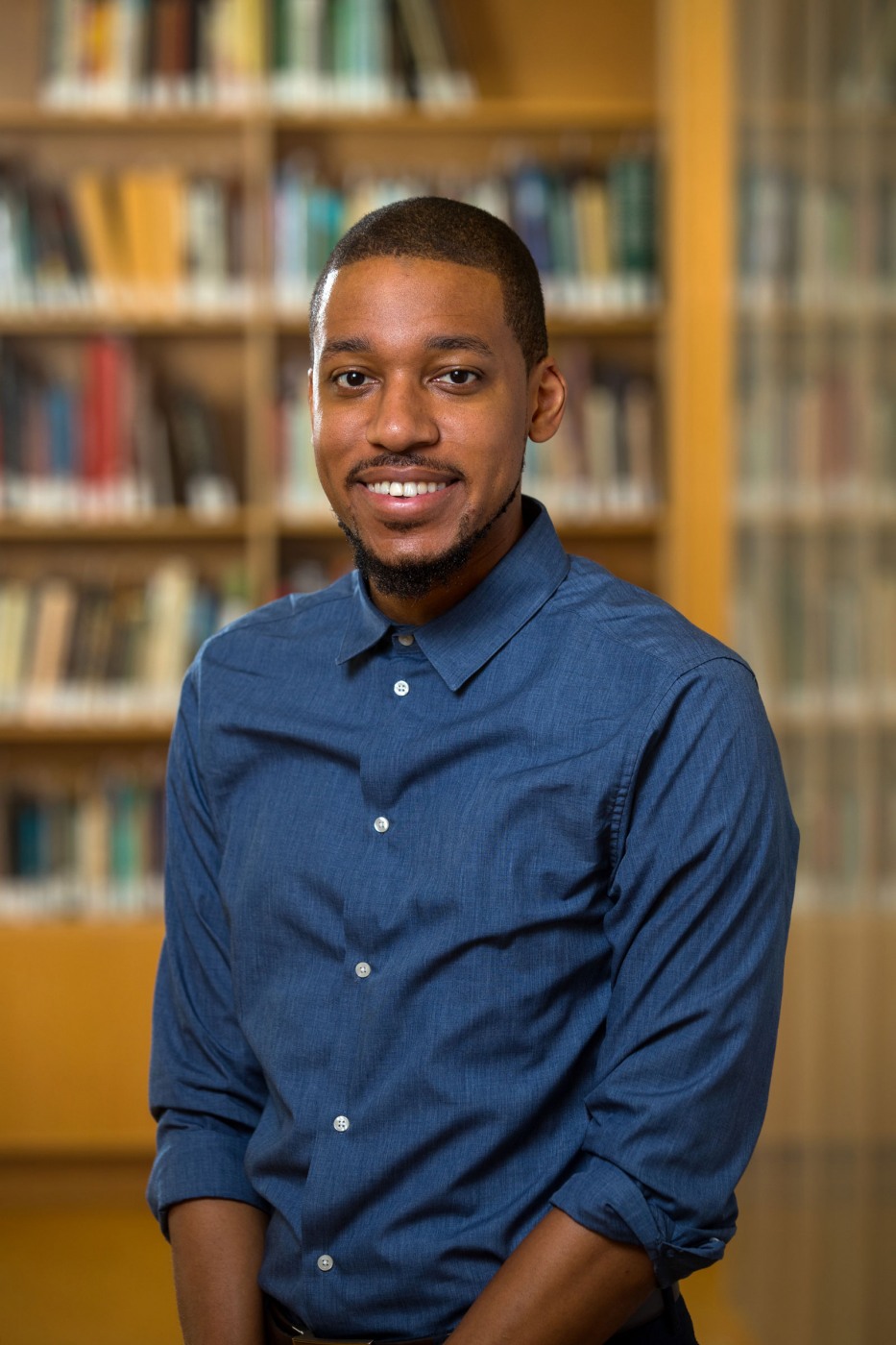PROVIDENCE, R.I. [Brown University] — The David and Lucile Packard Foundation has named Lorin Crawford, an assistant professor of biostatistics at Brown University, a 2020 Packard Fellow for Science and Engineering.
The prestigious fellowship, awarded annually to just 20 scholars, provides the nation’s most promising early-career scientists and engineers with $875,000 each over five years to pursue their research.
At Brown’s School of Public Health, Crawford develops deep learning algorithms to study complex interactions between genes that contribute to diseases, such as cancer. As gene sequencing and imaging technologies continue to improve, he says, there is a growing need for novel statistical tools to better analyze the biological data they produce.

After joining Brown in 2017, Crawford established an interdisciplinary group of scholars who focus on the intersection of statistics, genomics and applied mathematics. He says the fellowship will enable the team to develop a unified computational framework to better characterize how genetic architectures of complex traits differ across distinct and multi-ethnic populations.
“Historically, machine learning approaches have been limited to prediction-based problems in the biological sciences,” Crawford said. “Therefore, the innovations I proposed in my fellowship will sit at the intersection of broadening both computational and biological understanding as I look to make machine learning methods amenable for association studies.”
Crawford plans to further that research by using the funding to develop pipelines for analyzing 3D clinical imaging of soft tissues. He hopes to discover associations between MRI scans of tumor shapes and underlying molecular properties like oncogenic mutation status.
“The success of this work will uncover unique fingerprints that connect shape morphology to disease mechanism — thus, providing a path forward for the development of noninvasive methods for informed clinical diagnoses,” Crawford said.
With the funding from the Packard fellowship, Crawford says he’ll not only be able to recruit talented personnel and support the graduate students he works with, but he’ll also be able to collect genomic and imaging data from diverse groups of individuals. Such data is often difficult to come by and can be acquired through consortiums that charge fees for access.
The Packard Fellowships in Science and Engineering are among the nation’s largest nongovernmental fellowships, designed to allow maximum flexibility in how the funding is used. Since 1988, this program has supported the thinking of scientists and engineers whose research over time has led to new discoveries that improve people’s lives and enhance our understanding of the universe. Notably, all three U.S. women who won the Nobel Prize in the past three years are Packard Fellows: Frances Arnold, Jennifer Doudna, and Andrea Ghez.
Each year, the Packard Foundation invites 50 universities to nominate two faculty members for consideration. The Packard Fellowships Advisory Panel, a group of 12 internationally recognized scientists and engineers, evaluates the nominations and recommends fellows for approval by the foundation’s board of trustees.
“Being awarded this fellowship has given me confidence to continue to go after the types of scientific problems that I find to be both interesting and important,” Crawford said. “To me, one of the most exciting parts of my job is investigating the unknown and drawing connections between seemingly disparate scientific disciplines. I hope to leverage the unique opportunities that come with this fellowship to broaden the impact of mathematics and statistics in the biological sciences, and create new avenues for future quantitative researchers to pursue.”